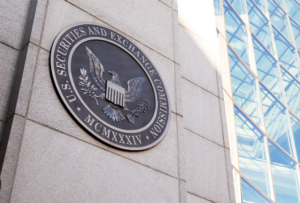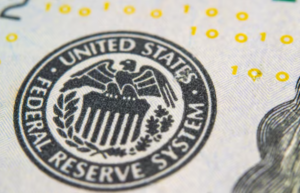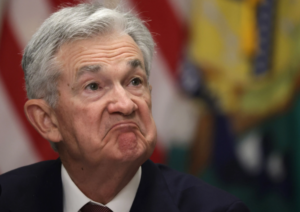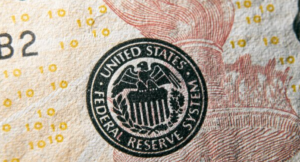$FTSE $GBPUSD $BTC
#UKInflation #BoE #CPI #BritishEconomy #InterestRates #MonetaryPolicy #Investing #GBP #FTSE100 #Markets #Economy #Crypto
Will UK inflation surge past the Bank of England’s (BoE) target again in the coming months? This is the pivotal question economists and financial analysts are grappling with as the UK economy continues to navigate a tricky inflationary environment. It’s no secret that inflation has remained stubbornly high, partly due to supply chain disruptions and rising food and energy costs. While headline inflation has come down from its peak earlier this year, core inflation—which strips out volatile items such as energy and food prices—remains well above the BoE’s 2% target. This raises concerns that inflationary pressures might resurface, especially with geopolitical risks affecting global commodity prices.
The central bank has steadily raised interest rates over the past year as a means to combat inflation. The BoE recently hiked rates to 5.25%, signaling a firm stance on anchoring inflation expectations. However, market participants question whether tightening monetary policy alone will suffice in the face of persistent inflationary drivers. Rising wages and a tight labor market continue to fuel inflation, especially within the services sector. Additionally, with Brexit-related factors still looming and exacerbating supply constraints, the specter of runaway inflation continues to hang over the British economy. The currency markets have reacted, with the pound ($GBPUSD) showing weakness, particularly against the US dollar, as investors calculate the potential future policy responses.
The UK’s consumer confidence has also taken a hit, with households feeling the pinch from higher prices across essential goods and services. A further rise in inflation could have widespread consequences, not just for day-to-day living but also for broader sectors such as housing and manufacturing. Higher inflation could lead to more aggressive rate hikes, putting borrowers under strain and exerting downward pressure on economic growth. The FTSE 100 ($FTSE), typically a barometer of the UK’s economic health, has shown resilience, but sustained inflationary pressures could undermine investor sentiment and weigh on corporate earnings, negatively impacting the index’s overall performance.
In the wider context, cryptocurrency markets, including Bitcoin ($BTC), are not entirely immune to developments in traditional monetary policy. Interest rate changes and inflation figures from major economies like the UK have trickle-down effects in riskier asset classes. Inflation-driven uncertainty makes investors reassess their portfolios, shifting between traditional assets such as equities, bonds, and commodities. With inflation spiking again or staying above target, it creates a scenario where both institutional and retail investors might flock toward alternative assets like cryptocurrencies as a hedge, adding volatility to already unpredictable markets.







Comments are closed.